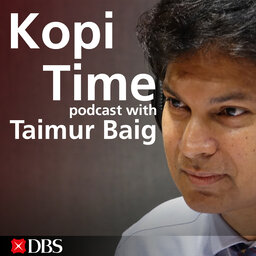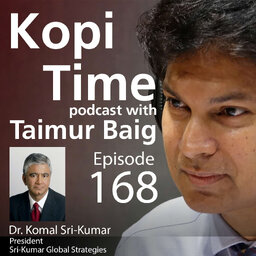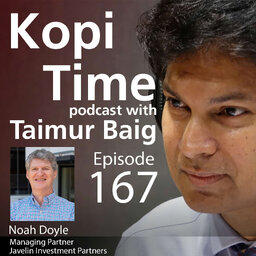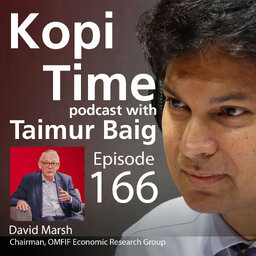Kopi Time E136 - Drew Thompson on Taiwan from Multiple Perspectives
Drew Thompson, Senior Fellow at the S. Rajaratnam School of International Studies at Nanyang Technological University, brings his deep China and Taiwan expertise to Kopi Time. Taiwan stands at the crossroads of tech manufacturing excellence and geopolitical tension. How does its recent political developments look from the perspective of its local population, mainland China, and the US administration? How will its politics and economic policies evolve in the coming years? Beyond the superpowers, how is Taiwan’s relationship evolving vis-à-vis SE Asia, India, S Korea, and Japan? What are the risk scenarios ahead? Drew provides unvarnished perspectives and analysis.
 DBS Economics & Strategy
DBS Economics & Strategy


